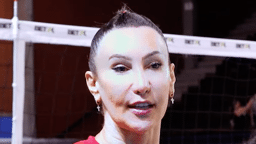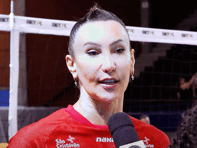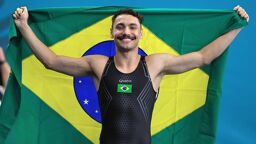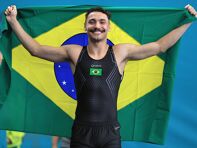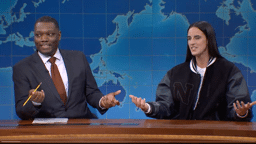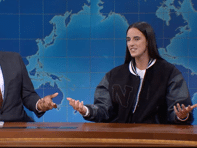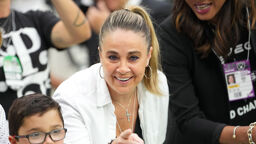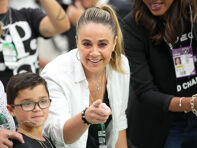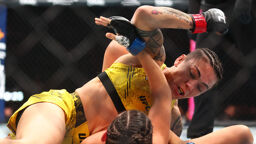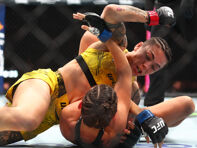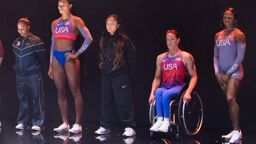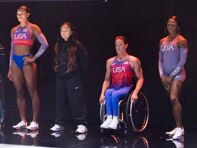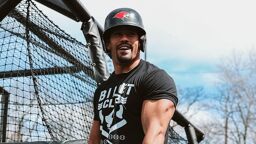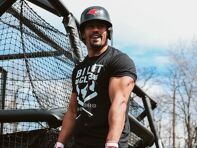(This story was published in 2004).
By: Ronald Hube
As gay football fans look back on the 2003 season, they are likely to recall Detroit Lions president Mike Millen calling Kansas City Chiefs receiver Johnnie Morton a “faggot” during a game in December, and Millen’s lame public apology afterward: He merely said he was sorry if he offended anyone. He didn’t say his comment was wrong.
But weak as that halfhearted apology was, the fact that Millen had to say he was sorry at all is a sign of progress toward diminishing homophobia in sports.
Twenty years ago, it would have been unlikely for management of a sports franchise to recognize that calling someone a “faggot” is offensive to anyone except the person to whom the word was directed. And it would have been unlikely for that person to react the way Morton did–the receiver said the comment bothered him because he has friends who are gay.
For a pro football player to publicly acknowledge having gay friends, and to defend them from attack, is remarkable in the year 2004. It would have been unimaginable in 1984.
This incident is not the only sign that things are improving a bit for gay athletes and gay sports fans.
Officials in North Carolina State University’s athletic department apparently did not think it was funny when Scooter Sherrill, a guard on the school’s basketball team, said in February that Duke University basketball player J.J. Redick acts “like he’s gay or something.” The next day, Athletic Director Lee Fowler said Sherrill had apologized, and not just to Redick but to everyone who took offense. “Coach (Herb) Sendek has met with Scooter about his comments, and Scooter regrets what he said and wishes to apologize to anyone who was offended,” Fowler said.
New York Mets catcher Mike Piazza’s declaration to reporters in May 2002 that he is not gay was a sad spectacle, but it was preceded by manager Bobby Valentine’s remark that baseball is “probably ready for an openly gay player. “ “We are all big boys,” Valentine said. “We can handle it.”
That same month, when Sports Illustrated asked New York Yankees pitcher Mike Mussina if he would accept a gay teammate, Mussina replied, “I’m going to make the assumption that I already have.”
Late last year, Hall of Fame pitcher Jim Palmer appeared at the Gay and Lesbian Foundation of South Florida’s annual gala. According to the gay newspaper The Express, Dan Pye, a gay friend of Palmer, said that the former Baltimore Orioles pitcher “is very much a heterosexual man. The reason he was there is that we invited him and he wanted to show his support for the foundation and the gay community.”
Some sports franchises are actively marketing to gay audiences, such as several WNBA teams and some in baseball. Last year the Chicago Cubs held its third annual “Out at the Ballgame/Until There’s a Cure Day,” a fund-raising event for HIV/AIDS organizations. The Windy City Gay and Lesbian Chorus sang the national anthem.
Undoubtedly, professional and college sports as a whole remain uncomfortable with, and sometimes hostile toward, gay and lesbian people. Cleveland Indians minor league pitcher Kazuhito Tadano, who once appeared in a gay porn video, illustrated that last month when he announced to the press, through an interpreter, “I’m not gay. I’d like to clear that fact up right now.”
And for every Mike Mussina and Jim Palmer, there are surely several John Rockers and Jeremy Shockeys.
But as other segments of society become more accepting of sexual minorities, so does sports—albeit at a slower pace than most.













